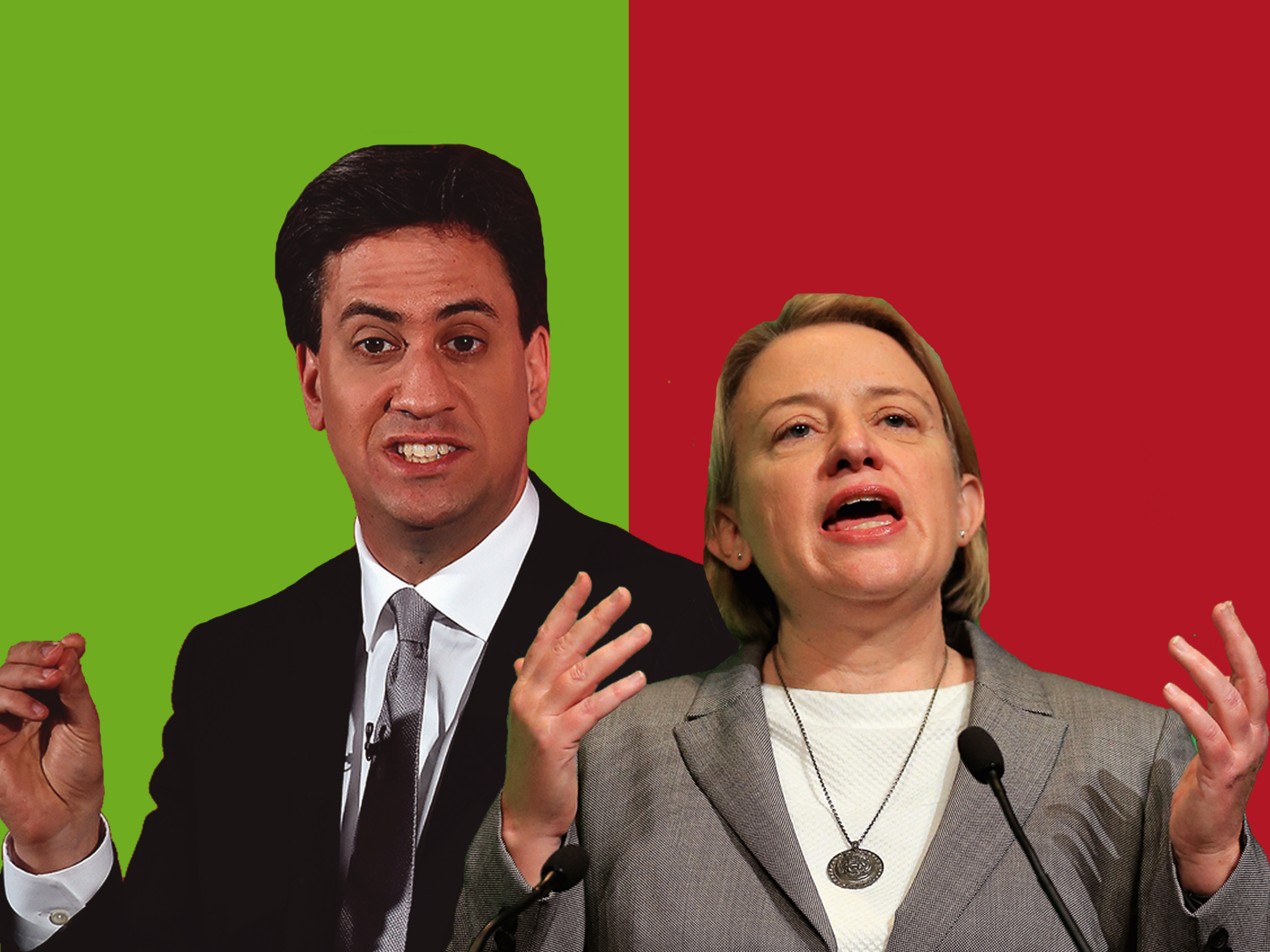General Election 2015: Do you think your vote will be wasted? You could try swapping it with someone in a marginal seat
For those who feel their choice has no impact under the first-past-the-post electoral system

Ben Little and Jonathan Rogers barely know each other. But, on 7 May, each man will walk into a polling station in different constituencies and cast their vote according to the other’s wishes.
The pair have agreed to swap votes – a form of tactical voting developed to increase the power of individual votes cast under the first-past-the-post (FPTP) electoral system. Neither man will be voting for his first preference, but both believe vote swapping will help them to maximise the chances of those they want to see in power.
Mr Little is a Labour supporter in Chipping Barnet, a safe Tory seat in north London. Mr Rogers is a Green Party supporter in the Labour target seat of Hornsey and Wood Green, also in north London, where Ed Miliband’s party has a real chance of unseating the Liberal Democrat incumbent.
Mr Rogers will vote Labour while Mr Little will return the favour by voting for the Greens in Chipping Barnet. The environmental party has no chance of winning the seat, but Mr Rogers’ support for the party will still be registered at the ballot box.
In pictures: Experts' predictions for the General Election - 19/04/15
Show all 10The two men formed their electoral pact via one of the vote-swapping websites that have been created in the run-up to the election. They trust each other to do the right thing in the voting booth and neither has asked for photographic evidence of how the other cast his vote.
“It’s great to meet John,” said Mr Little, 35, a lecturer at Middlesex University, who met Mr Rogers for this first time last week. Trust wasn’t a big issue, he added. “We are kind of coming from the same space on the [political] spectrum but have different ideas about which party is closest to that.”
Mr Rogers, 28, a data analyst, is also pleased with the electoral equivalent of a blind date. “I think that Ben seems to have a lot of similar views,” he said. “As I understand it [vote swapping] is a pledge.” Mr Rogers conceded that some people might fail to keep their part of the bargain, but was still happy to give it a go.
Both men expressed their frustration with FPTP. “I find it really difficult that if you move across the road, you go from a marginal constituency to a safe seat,” said Mr Little. “My vote doesn’t mean anything because of where I live.”
Vote-swapping websites are capitalising on this frustration. Joe Cox, one of the founders of voteswap.org, says many voters are reluctant to embrace the cynicism of conventional tactical voting. Tom de Grunwald from swapmyvote.co.uk compares online vote swapping to internet dating. “Ultimately, a good outcome of this would be to create a new paradigm of democracy and strengthen calls for electoral reform,” he said.
Legal implications
If two people agree to swap votes, are they breaking the law? What if they use a website to help them? As long as there is no inducement or coercion, probably not, it seems. According to Gerald Shamash of law firm Steel & Shamash, neither scenario falls foul of the law. He says: “I can’t see that there would be any breach of electoral law. It’s a political decision for both parties: how best can we maximise our vote?”
Vote-swapping websites have faced legal challenges in the United States. A case was brought against the sites in California in the wake of the 2000 presidential election, but in 2003 an appeals court ruled that they were protected under the first amendment. But it is almost certainly illegal to use a camera in a polling booth to prove you have cast your vote according to your swapping-partner’s wishes.
In last year’s local and European elections, the Electoral Commission urged staff to put up “no photography” signs in polling stations. The measure is primarily designed to stop people recording someone else’s ballot paper. The maximum penalty for revealing someone else’s ballot is a £5,000 fine or up to six months’ imprisonment.
Alexander Ward
The Independent has got together with May2015.com to produce a poll of polls that produces the most up-to-date data in as close to real time as is possible.
Click the buttons below to explore how the main parties' fortunes have changed:
All data, polls and graphics are courtesy of May2015.com. Click through for daily analysis, in-depth features and all the data you need. (All historical data used is provided by UK Polling Report)
Subscribe to Independent Premium to bookmark this article
Want to bookmark your favourite articles and stories to read or reference later? Start your Independent Premium subscription today.

Join our commenting forum
Join thought-provoking conversations, follow other Independent readers and see their replies